Introduction
The university application essay plays a pivotal role in the holistic admissions process. While standardized test scores and GPAs offer a quantitative snapshot of applicants, the essay provides a window into their character, motivations, and potential contributions to a campus community. It allows admissions committees to assess qualities like resilience, intellectual curiosity, and communication skills—attributes not easily captured by numbers.
Recent trends show a shift in how university application essays are evaluated. Many institutions are beginning to incorporate artificial intelligence (AI) and natural language processing (NLP) tools into the review process. These technologies can assist in identifying common patterns, tone, and structural elements, helping reviewers manage large volumes of applications more efficiently. However, human readers still play a crucial role in interpreting nuance and authenticity.
In this evolving landscape, it’s more important than ever for students to combine personal voice with strategic insight. A compelling university application essay should reflect the applicant’s genuine experiences while also aligning with what admissions officers are looking for—a clear sense of purpose, thoughtful reflection, and a strong fit with the university’s values.

Understanding the University Application Essay
Purpose and Significance
The university application essay serves as a vital component of the admissions process. It allows applicants to present their personal identity and aspirations in a way that grades and test scores cannot. Through this essay, admissions committees gain a deeper understanding of a student's character, motivation, and potential fit within the university's community. It is a chance for students to express who they are, what matters to them, and how they envision their future.
Types of Essays
Personal Statement
The personal statement is typically narrative and reflective in nature. It focuses on a student's life experiences, values, and identity. This type of essay allows applicants to tell a story that reveals something meaningful about themselves, highlighting growth, resilience, or a defining moment.
Supplemental Essays
In addition to the main personal statement, many universities require supplemental essays. These often include prompts like "Why Us?", which asks applicants to explain their interest in a specific institution, or essays about community involvement and academic interests. These essays are tailored to each school and help demonstrate a student’s compatibility with a university’s values and programs.
Common Application Prompts
The Common Application provides a set of standardized essay prompts that many universities accept. These prompts cover broad themes such as personal growth, obstacles overcome, or intellectual curiosity. Choosing the right prompt is strategic; applicants should select one that best aligns with their authentic experiences and strengths. For guidance on how to approach these prompts effectively, resources like U.S. News Tips can be helpful.
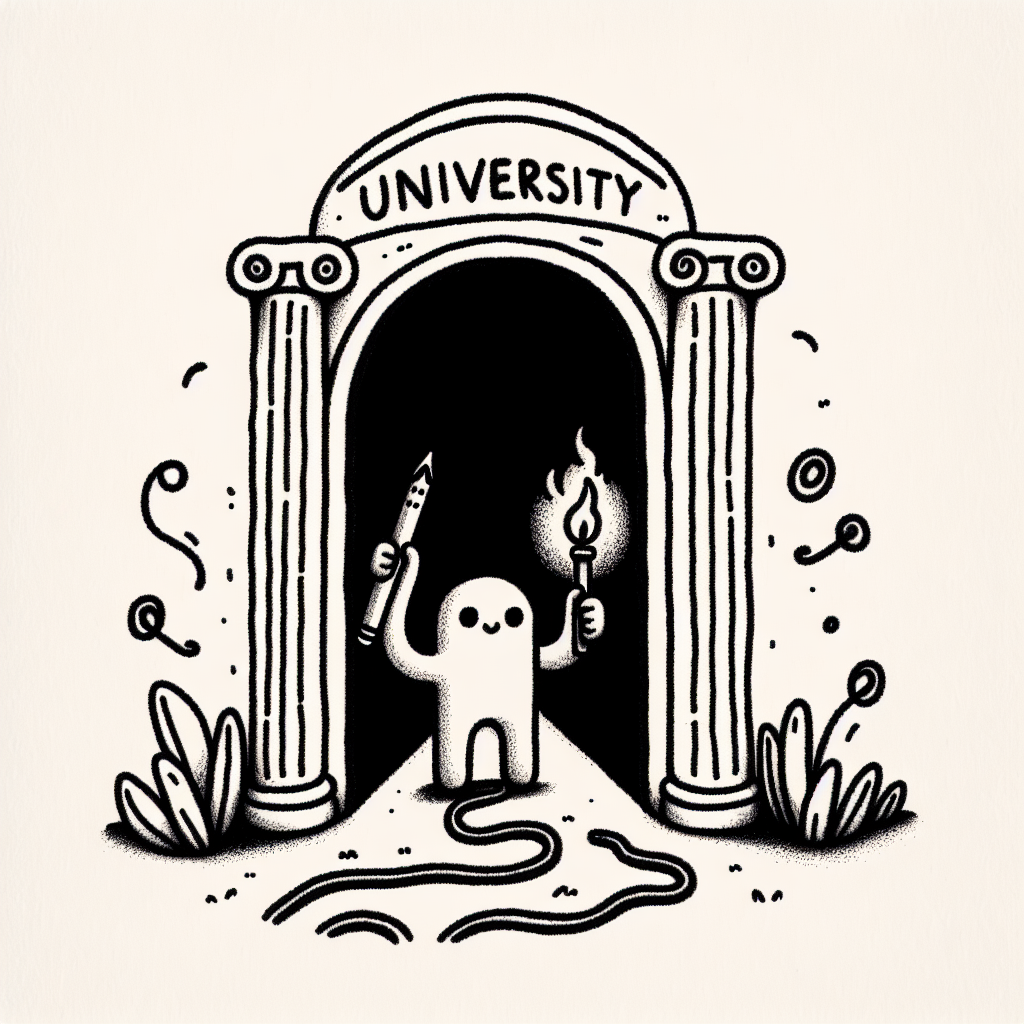
What Makes a Great Essay?
A strong university application essay stands out by showcasing the applicant’s authentic voice and personal experiences. Admissions officers are looking for genuine insight into who the student is beyond grades and test scores. It's important that the essay sounds like the student and not a generic or overly polished version of what they think colleges want to hear.
Key Characteristics
- Authenticity and Personal Voice: The best essays are honest and reflect the applicant's true self. This means writing in a tone that feels natural and sharing real experiences that shaped personal growth.
- Clear Structure and Compelling Storytelling: A great essay has a beginning, middle, and end. It tells a cohesive story that keeps the reader engaged while also conveying a broader message about the applicant’s character or values.
- Insightful Reflection and Growth: Beyond recounting events, the essay should show how the applicant has changed or learned something meaningful. Reflection helps admissions officers understand how the student thinks and what they value.
- Specificity and Relevance to the Institution: Tailoring the essay to reflect why the student is a good fit for a particular university demonstrates genuine interest and research. Including specific details about the institution can strengthen the application (Leigh High School Guide).
Common Mistakes to Avoid
- Generic Statements: Broad or vague claims like "I want to help people" lack impact. Specific examples and personal context are more compelling.
- Overuse of Clichés: Phrases like "follow your dreams" or "never give up" can make the essay feel unoriginal. It's better to use fresh language and unique perspectives.
- Lack of Focus or Clarity: Jumping between ideas or trying to cover too much can confuse the reader. A focused essay with a clear message is more effective.
- Ignoring the Prompt: Failing to directly address the essay question can hurt the application. It's crucial to stay on topic and fully respond to what is being asked.

The Role of Technology in Essay Evaluation
Natural Language Processing in Admissions
Natural Language Processing (NLP) is increasingly being integrated into the university application essay evaluation process. Admissions offices are using AI tools to support holistic review, aiming to make application assessments more consistent and scalable. For instance, NLP systems can analyze essays and recommendation letters to identify patterns in language use, sentiment, and thematic content, helping admissions officers better understand applicants beyond quantitative metrics. Research has shown that these tools can augment holistic review by compensating for the exclusion of protected attributes, thus helping maintain model performance without relying on sensitive demographic information (NLP in Holistic Review).
Implications for Fairness and Bias
The use of NLP in evaluating university application essays raises important questions about fairness and bias. While algorithmic tools can introduce consistency and reduce certain types of human error, they also risk amplifying existing biases if not properly designed and monitored. Striking a balance between algorithmic objectivity and human judgment is crucial. Admissions committees must consider the ethical implications of relying on NLP tools in high-stakes decisions, ensuring that the technology supports equitable review processes rather than undermining them.

Writing Process: From Brainstorming to Final Draft
Step 1: Understanding the Prompt
Before beginning a university application essay, it's essential to thoroughly understand the prompt. Applicants should identify key directives—such as "describe," "reflect," or "explain"—and determine what the university is truly seeking. This step involves aligning the essay response with personal values and experiences that match the university's expectations, ensuring the content is relevant and on target.
Step 2: Brainstorming and Ideation
Once the prompt is clear, the next step is generating ideas. Techniques like free writing allow students to explore thoughts without judgment, while mind mapping and journaling can help visually organize experiences and insights. These methods encourage creative thinking and surface meaningful stories that can serve as the foundation for a compelling university application essay.
Step 3: Drafting
With ideas in place, students should begin drafting the essay, focusing on a strong narrative arc. A typical structure includes a clear beginning that sets the scene, a middle that introduces and explores conflict or challenge, and an end that shows resolution or personal growth. Using vivid details and an active voice helps bring the story to life and keeps readers engaged.
Step 4: Incorporating Evidence and Reflection
A strong university application essay includes both narrative and analysis. Integrating specific evidence, such as relevant details or moments of change, adds credibility. According to the eRevise Study, students who revise to include text evidence and reflective thinking produce higher-quality writing. Reflecting on how experiences shaped one’s character or future goals provides depth and demonstrates self-awareness.
Step 5: Revising and Editing
The final stage involves refining the essay through revision and editing. Seeking feedback from peers, teachers, or mentors can highlight areas for improvement in clarity, flow, and grammar. Reading the essay aloud helps catch awkward phrasing and ensures the tone aligns with the intended message. This step polishes the university application essay into its strongest form.
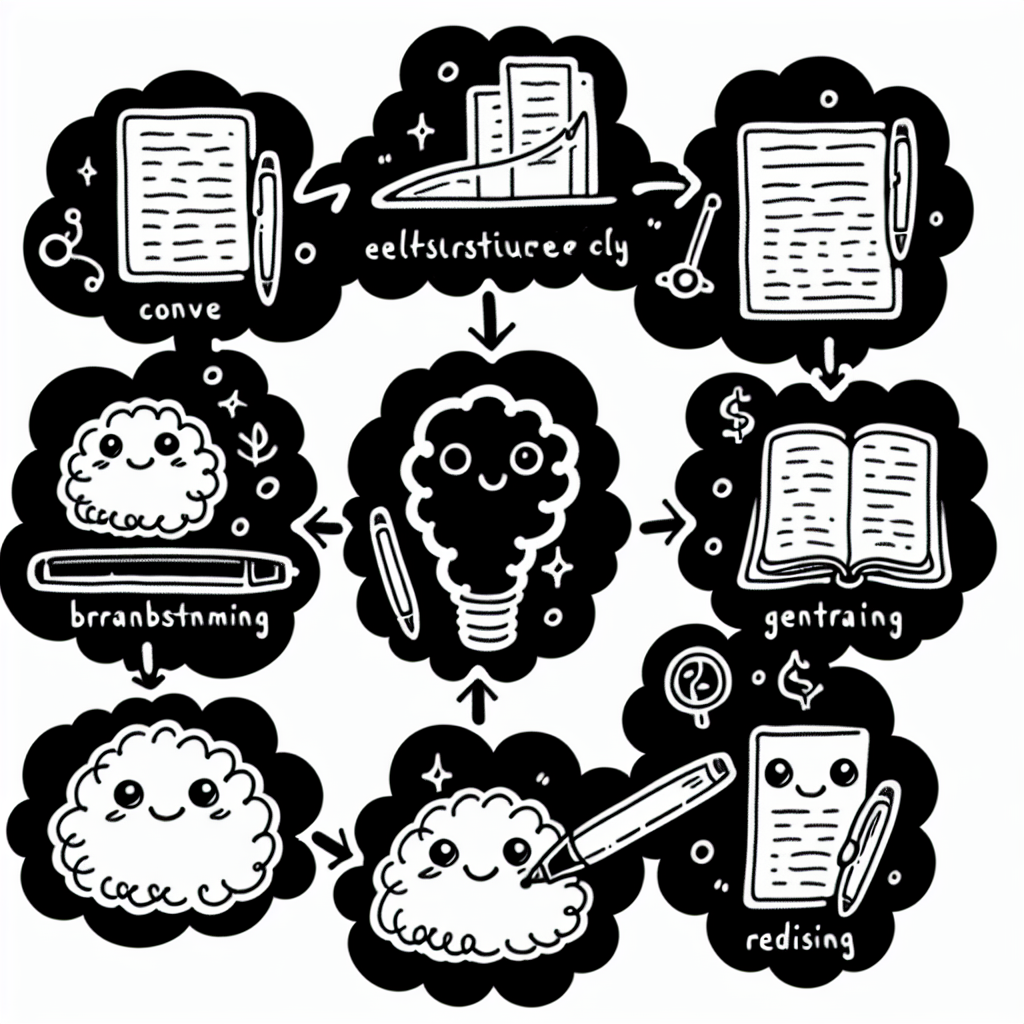
Leveraging Resources and Tools
When preparing a university application essay, students can benefit significantly from a range of resources and tools designed to refine their writing and clarify application requirements.
Online Platforms and AI Feedback
Digital tools have become integral to the university application essay process. Platforms like eRevise provide formative feedback by analyzing student writing and offering suggestions for improvement. According to a research study, eRevise supports students in revising argumentative essays by focusing on structure and evidence (eRevise Study).
AI-generated feedback can help identify grammar issues, suggest better phrasing, and highlight areas lacking clarity. However, these tools also have limitations. They may not fully grasp the nuance or personal voice that admissions officers value in a university application essay. Therefore, while useful, AI suggestions should complement—not replace—human insight.
Professional and School-Supported Resources
High school writing centers often provide personalized support through peer review and teacher guidance. These centers can help students shape their university application essay to reflect their authentic experiences and goals.
College counselors and application workshops offer strategic advice on what admissions committees look for. They guide students in aligning their essays with the broader narrative of their application, ensuring consistency and impact.
Accessibility of Admissions Materials
Understanding application instructions is essential for crafting an effective university application essay. Unfortunately, institutional materials are often written in complex language that can be difficult for many students to interpret. A study on text simplification highlights the potential of simplifying educational content to promote better comprehension and equity (Text Simplification Study).
Clear and accessible admissions communication ensures that all applicants, regardless of background, have a fair opportunity to understand and respond to essay prompts effectively.
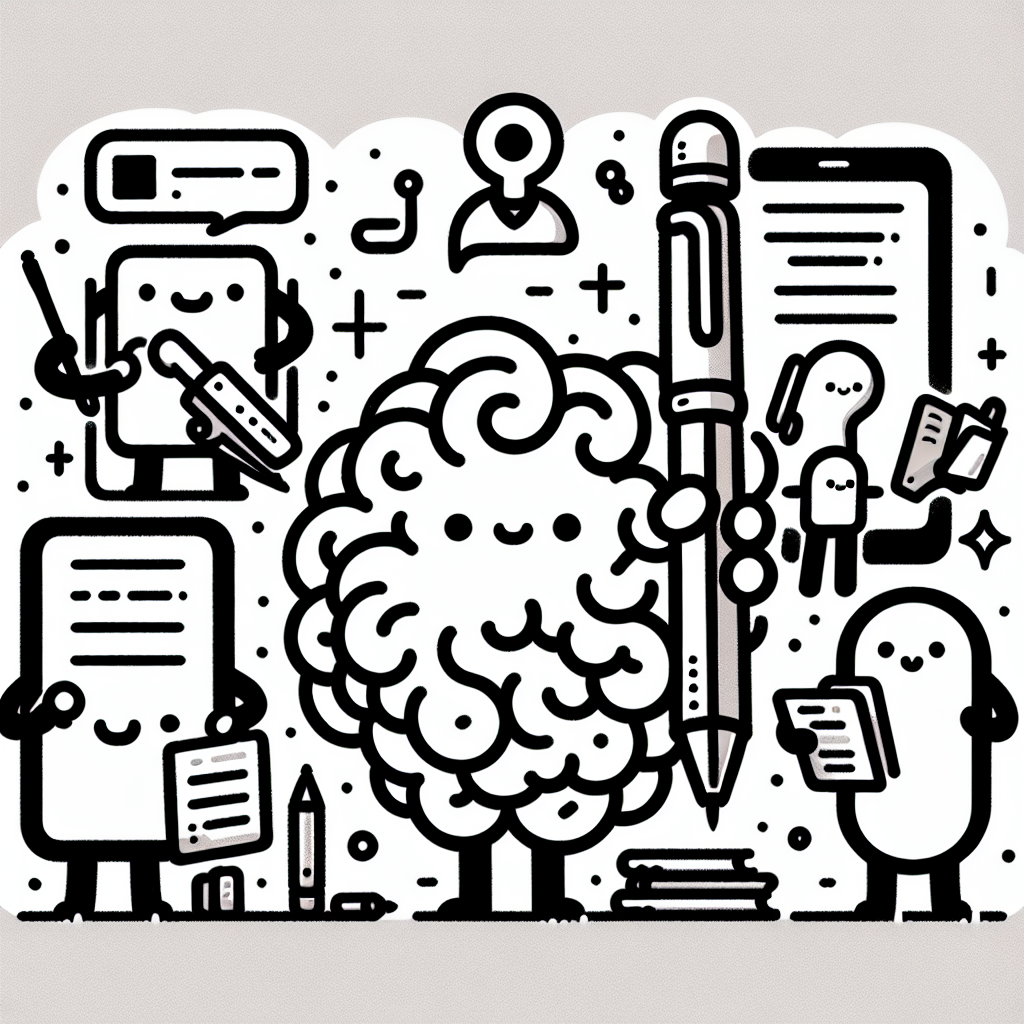
Tailoring the Essay to Fit the Institution
A well-crafted university application essay should reflect not only who you are but also why you belong at a particular institution. Customizing your essay to align with the university’s mission and values can make a significant difference in how your application is received.
Research-Driven Customization
Start by researching the university’s mission statement and core values. This helps you understand what the institution prioritizes—be it innovation, community involvement, or academic excellence. Demonstrating awareness of these elements in your essay shows genuine interest.
Go a step further by referencing specific programs, professors, or unique opportunities the school offers. For example, mentioning a professor whose research aligns with your interests or a program that supports your career goals shows that you’ve done your homework. According to the Leigh High School Guide, including this level of detail signals to admissions officers that your interest in the school is serious and informed.
Demonstrating Fit
In addition to showing knowledge of the institution, clearly connect your goals and values to what the university offers. If a college emphasizes service learning and you’ve led community service projects, highlight that correlation. Use your experiences to show that you’re not only a strong candidate but also someone who will thrive in—and contribute to—their campus culture.
By aligning your personal aspirations with the university’s objectives, you demonstrate commitment and thoughtfulness, two qualities that admissions officers value highly in a university application essay.

The Essay in the Context of Holistic Review
In a holistic admissions process, the university application essay serves as a critical component that complements and enhances other parts of the application. It provides context and depth that raw numbers and lists cannot convey.
Integrating Essay with Other Application Materials
A well-crafted university application essay should align with the broader narrative presented through recommendation letters and extracurricular activities. For example, if a student is described by a teacher as resilient and community-focused, the essay can reinforce these traits through specific anecdotes and reflections. This consistency helps admissions officers form a coherent understanding of the applicant.
Moreover, the essay provides an opportunity to elaborate on experiences listed in the activity section. Rather than repeating information, applicants can use the essay to provide insight into their motivations, challenges, and growth, thereby adding depth and authenticity to the overall application.
How Essays Compensate for Other Gaps
University application essays can also play a compensatory role when academic indicators like GPA or standardized test scores are not as strong. In these cases, the essay allows applicants to explain extenuating circumstances or to demonstrate qualities—such as perseverance, creativity, or leadership—that are not easily quantified.
According to research on Natural Language Processing (NLP) in holistic review, essays can highlight non-academic strengths that are often key in distinguishing applicants with similar academic profiles (NLP in Holistic Review). These narratives can reveal character traits and life experiences that may not be evident elsewhere in the application, enabling a more nuanced evaluation of the candidate.
In sum, the university application essay should be viewed not in isolation, but as a strategic tool within the holistic review process—one that can reinforce, clarify, and sometimes even elevate an applicant’s profile.
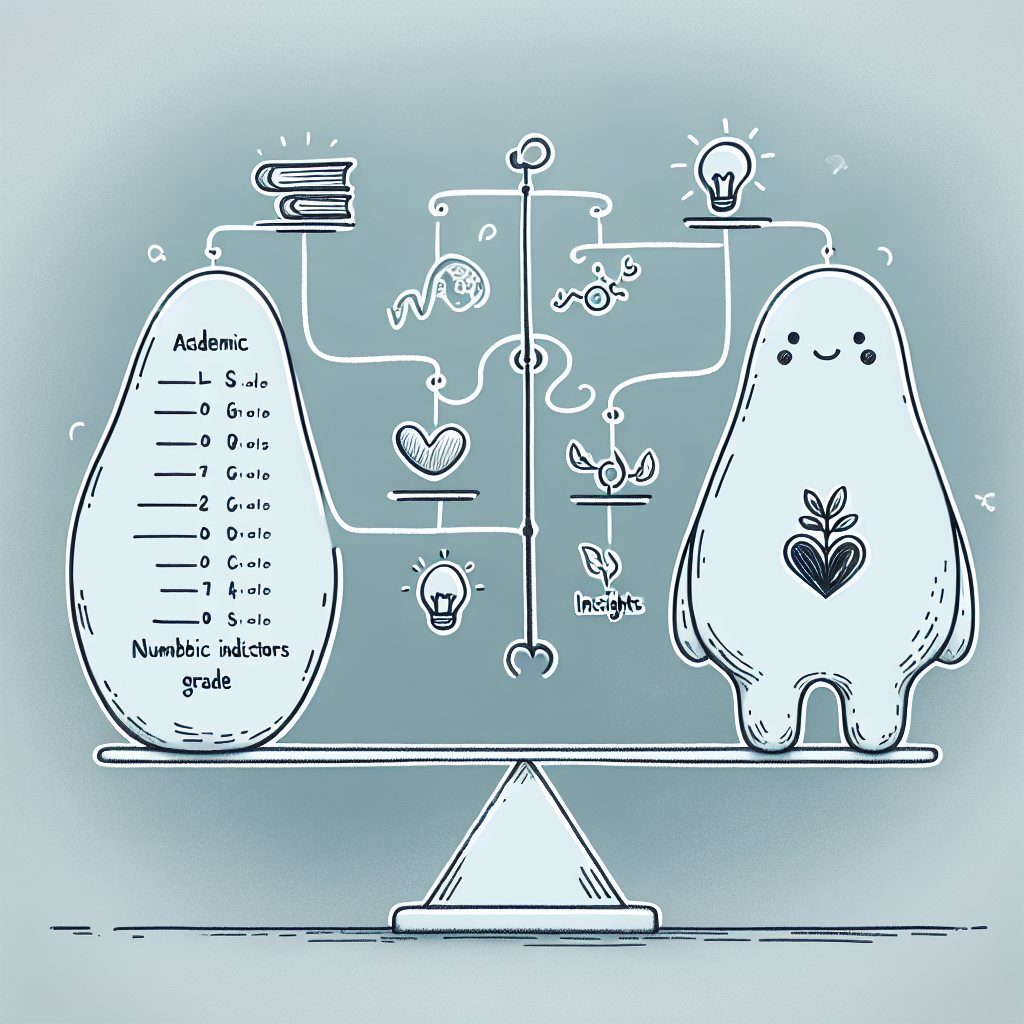
Future of the University Application Essay
AI-Assisted Evaluation and Equity
As universities explore new tools to improve the university application essay review process, AI-assisted evaluation is emerging as a promising development. Natural language processing (NLP) algorithms can analyze large volumes of essays more efficiently than human reviewers, potentially reducing workload and streamlining initial assessments. One benefit of this approach is the possibility of minimizing human bias. By using standardized criteria, AI systems may help level the playing field for applicants from diverse backgrounds.
However, concerns remain about preserving the individuality and context that make each university application essay unique. To address these issues, institutions are implementing safeguards such as hybrid evaluation models that combine AI screening with human oversight. These approaches aim to ensure that essays are not only evaluated for structure and clarity but also for personal voice and nuance.
Research Directions
Ongoing research into NLP technology is focused on improving the tools available to both applicants and admissions officers. For students, AI-powered writing assistants can offer real-time grammar checks, tone suggestions, and content organization tips, helping them craft more effective university application essays. For reviewers, enhanced algorithms can assist in identifying strong writing and thematic clarity while flagging potential issues like plagiarism or formulaic responses.
Another area of study is the impact of simplification and feedback systems on diverse applicant pools. By making the essay process more accessible—through clearer prompts, structured feedback, and reduced jargon—schools may see increased participation from underrepresented groups. These developments suggest that, with thoughtful implementation, AI can help make the university application essay process more equitable and effective for all stakeholders.
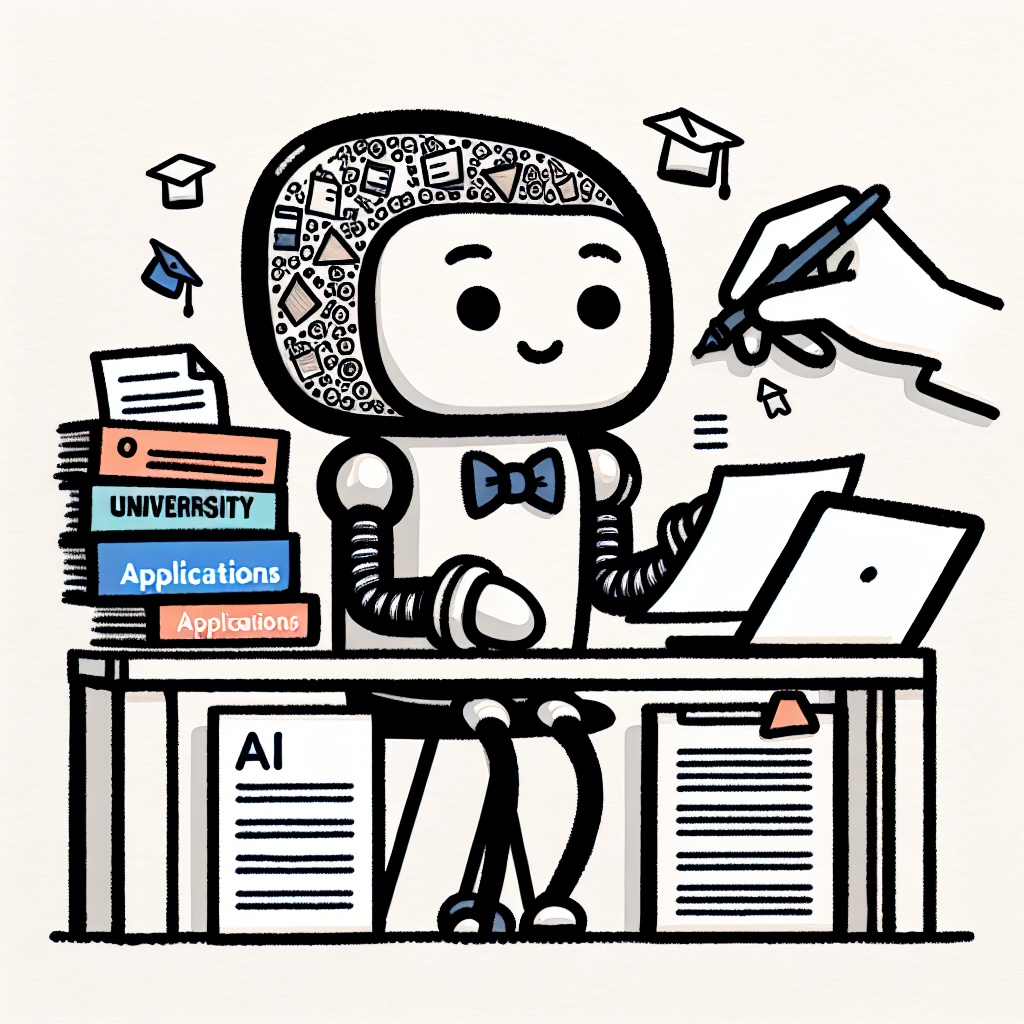
Conclusion
The university application essay remains a critical narrative tool in admissions, offering students the opportunity to present a personal and compelling story that goes beyond test scores and transcripts. As admissions processes continue to evolve, the essay maintains its importance in revealing a student’s character, values, and potential fit for a university community.
With thoughtful preparation, effective use of available resources such as writing centers and peer feedback, and a mindful approach to emerging technologies like AI-assisted drafting tools, students can craft university application essays that authentically and powerfully represent their unique experiences and aspirations. These essays, when done well, can provide a significant edge in the competitive admissions landscape.
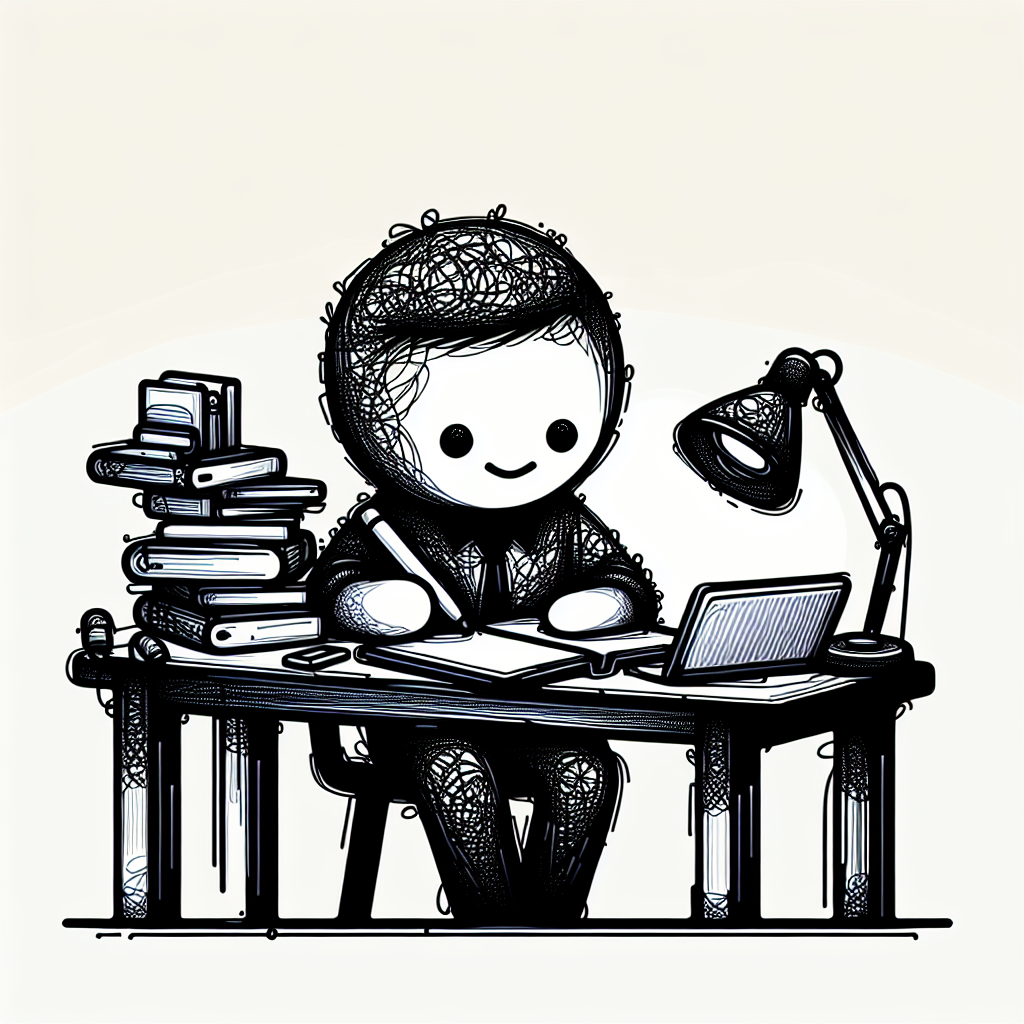
References
- Augmenting Holistic Review in University Admission using NLP: This paper explores how natural language processing can enhance the evaluation of university application essays within a holistic admissions process.
- Text Simplification of College Admissions Instructions: This study examines methods for simplifying the language of college admissions guidelines to help applicants better understand university application essay requirements.
- eRevise: Formative Feedback on Text Evidence: This research introduces a tool that provides formative feedback on student writing, particularly focusing on the use of textual evidence in essays, including university application essays.
- U.S. News Common App Tips: Offers practical advice for completing the Common Application, including strategies for writing a strong university application essay.
- Leigh High School College Essay Support: A resource for students seeking guidance and support in composing effective university application essays.
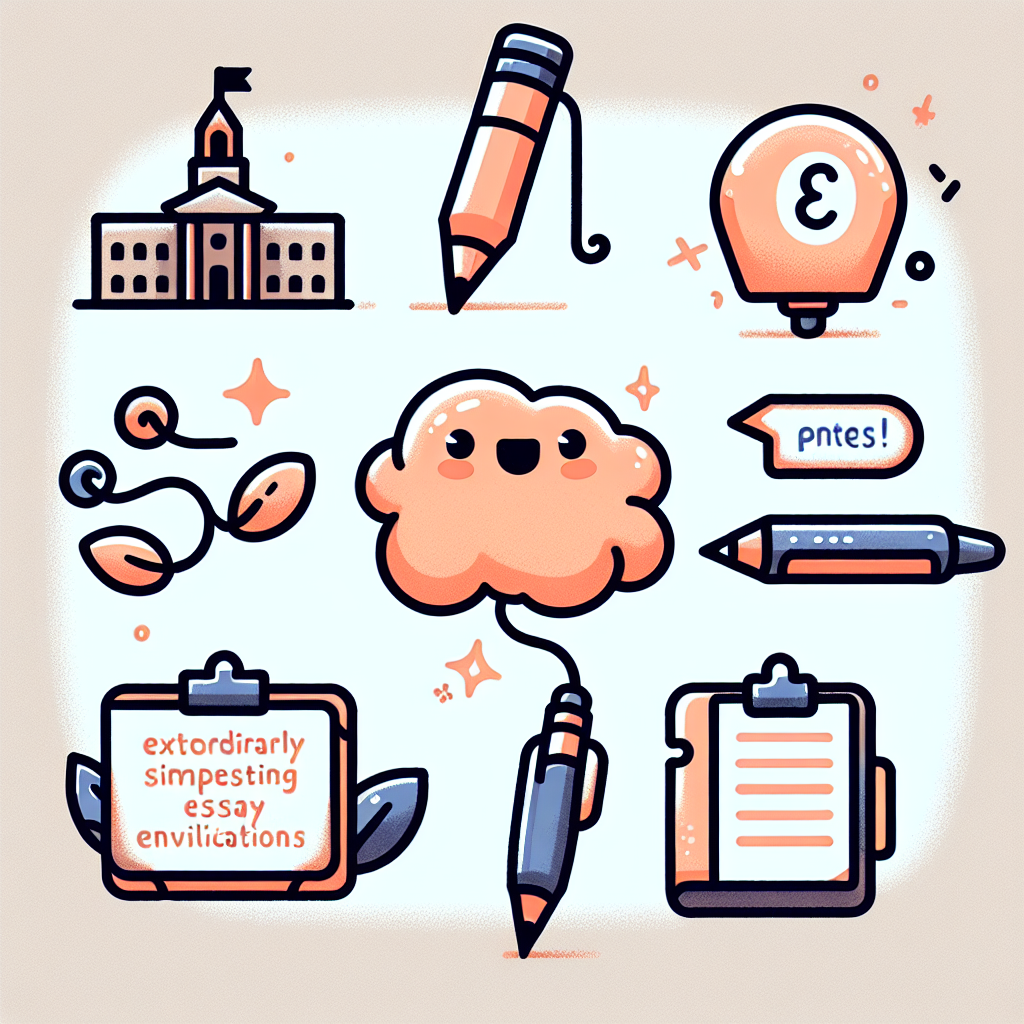





.png)






